Although it has become commonplace in the Kingdom of Yugoslavia, in our historical subconscious, that it was poor and underdeveloped, now the media state that somewhere before the Second World War, the National Bank in Belgrade had as much as 84,574 kilograms of pure gold. But it is interesting how this gold on the eve of World War II "scattered" to all parts of the world, a small part was never found, and something ended up in the pockets of many runaway royal people.
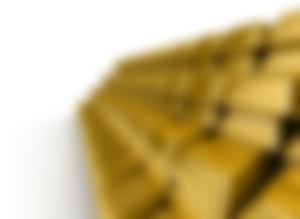
The fact remains that the Karadjordjevics did not "escape with the people's money". King Peter II flew from Niksic only with his personal luggage. Prince Pavle, with his family, boarded a train at midnight on March 27, 1941, also with only his personal luggage, which took him to Greece, where he was handed over to the English, who transferred him to Kenya.
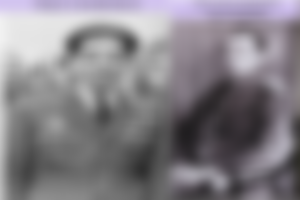
In the second half of the 1930s, Prince Pavle was deeply aware of the European reality - that the Versailles system was falling apart and that Germany had become a lever creating a new order.
This meant that in such a reality of relations, Yugoslavia had to find its place. Recognizing the danger to the country even before the beginning of the Second World War, the Land Defense Council of Yugoslavia made the decision to slowly remove the gold reserves from Belgrade.
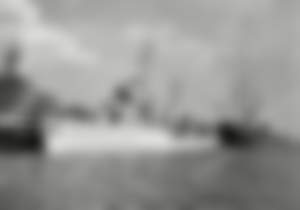
The first part of the gold reserves was transferred to England, in May 1939. The transport was carried out with the destroyer "Belgrade". 980 chests containing 3,379 gold bars arrived in England. The National Bank of the Kingdom of Yugoslavia in London already had 225 gold bars, so that reserve was increased to 44,886.61 kilograms.
According to all available data obtained by the historian Miodrag Janković, on the eve of the coup on March 27, 1941, the Kingdom of Yugoslavia owned 84,574 kilograms of pure gold.
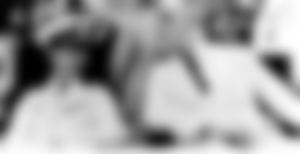
After the beginning of the Second World War, when an attack on England was expected, it was decided to urgently transfer the gold to the United States. 33,683.51 kilograms of gold were transported to New York from England. By the end of the war, 11,203.10 kilograms remained in the English treasury.
In the middle of 1940, two more transports were organized: gold was withdrawn from Switzerland and sent to New York via Athens (344 boxes, or 14,168.16 kilograms of pure gold). Just before the bombing of Belgrade, the National Bank of the Kingdom of Yugoslavia had 41,666 kilograms of gold with the Federal Reserve in the United States.
In those days, more precisely on March 18, 1941, the National Bank sold 20,002 kilograms of gold for 11,225,000 dollars, and the money was deposited with the Bank of Brazil.
10,703.41 kilograms of gold remained in the country's vaults:
In the Užice underground vault 9,611.30 and in Sarajevo 1,089.80 kilograms.
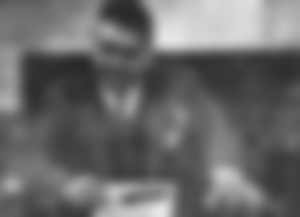
On April 7, 1941, the Minister of Finance in Simović's coup government, the Croat Dr. Juraj Šutej, ordered that the gold from the Užice treasury (204 boxes) be transferred to Mostar.
When the Independent State of Croatia was proclaimed in Zagreb on April 10, this gold was urgently transferred to Nikšić on April 14 and stored in the Trebjesa cave. It did not stay there either, but on April 15, it was removed to the Krapino polje airport, in order to be transferred abroad. The gold left in Sarajevo was confiscated by the Ustashas. 190 boxes of state gold remained at the Niksic airport.
Of the gold left in Niksic, 100kg was stolen in chaos during the government's escape. Italy stole 176 crates, or 8,393.22 kilograms. The Germans seized four boxes weighing 188.45 kilograms in the Ostrog monastery. The Chetniks found and took one, and Ozna took five boxes that they transferred to Belgrade. The Ustashas stole 1,089.80 kilograms.

According to the plan of the General Staff of the Yugoslav Royal Army, a plan was made to withdraw the National Bank, with money, gold reserves and other
Due to the small payload and too many passengers, only 14 boxes with 674 kilograms of gold were loaded on the planes. The coup government carried eight crates (385 kg) and the generals six (289 kg). There were the most in General Bora Mirković's plane - three chests with gold.
The gold they transferred to England, the putschists had to deposit in the Bank of England. From this, salaries were paid to ministers and officials in their governments in London, as well as monthly allowances to Queen Mary, King Peter II and his brothers Princes Tomislav and Andrew until 1952.

That was not all. The coup governments - General Simovic, Slobodan Jovanovic (two), Milos Trifunovic, Bozidar Puric and Ivan Subasic - had at their disposal a deposit of the National Bank of the Kingdom of Yugoslavia in the Federal Reserve Bank in New York in the amount of $ 24,587,814.08. Only $ 662,757.13 remained unspent on that account after the war. They spent close to $ 20 million in exile.
After many years of research by the Reparations Commission after the Second World War, it was determined that 49,033 of the pre-war 84,574 kilograms of monetary gold remained in the ownership of the FPRY.
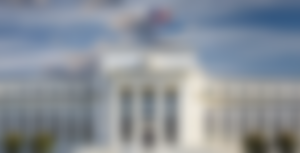
Authorities in Washington estimated that the confiscated property of their citizens in Yugoslavia was worth 17,000,000 dollars. By the way, the real value of the confiscated property of American citizens was between three million and five million dollars. The Americans demanded that Yugoslavia pay for it from the gold that was kept in their Federal Reserve. After this decision of Washington, the Yugoslav side made an objection written by Professor Dr. Milan Bartos.
In that submission, Professor Bartoš claimed that it was an emergency deposit and that it should not be touched. However, this objection was rejected. And so our "allies", the Americans, took 15,649.22 kilograms from the Yugoslav deposit of 41,666 kilograms of monetary gold.
Time will tell that the Americans did not only collect the property that the communist authorities confiscated from the American citizens in 1948. Pragmatists as they are, as a true trading nation, they charged for everything they sent as aid during the war, especially the last year or two. All weapons, uniforms, food, vehicles, planes… that were delivered during the war to either Broz's partisans or Mihailović's Chetniks.
After the Second World War, Yugoslavia received the most gold back, compared to all other countries in Europe.
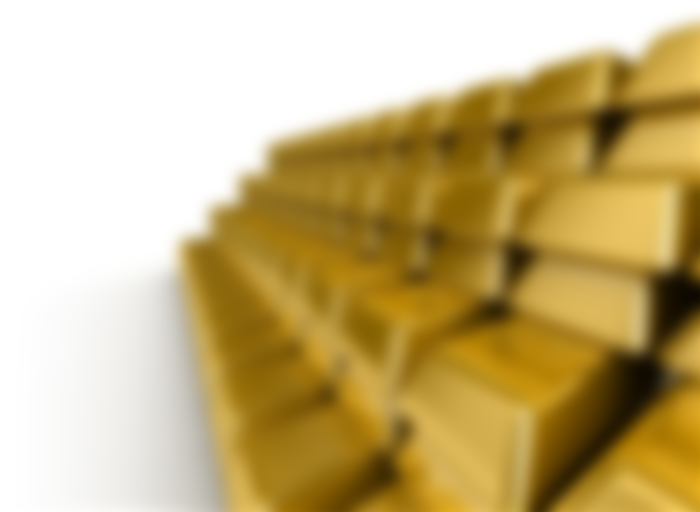
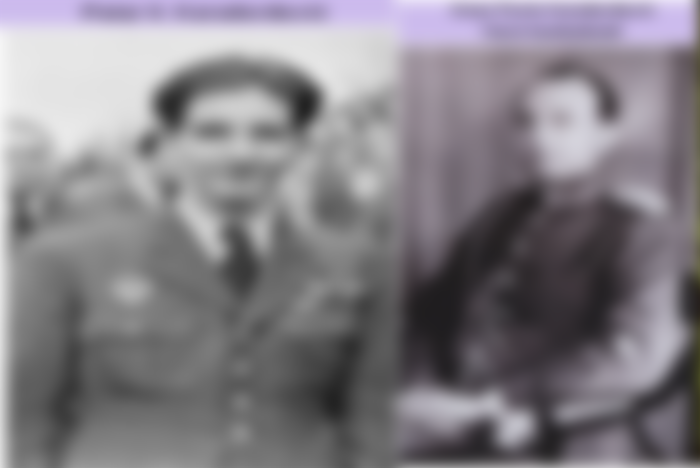
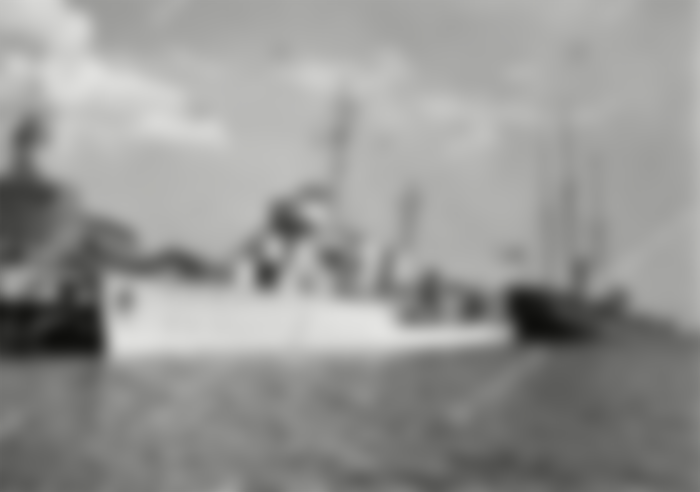
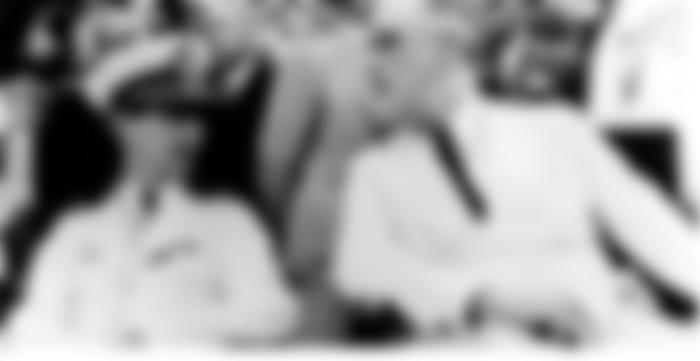
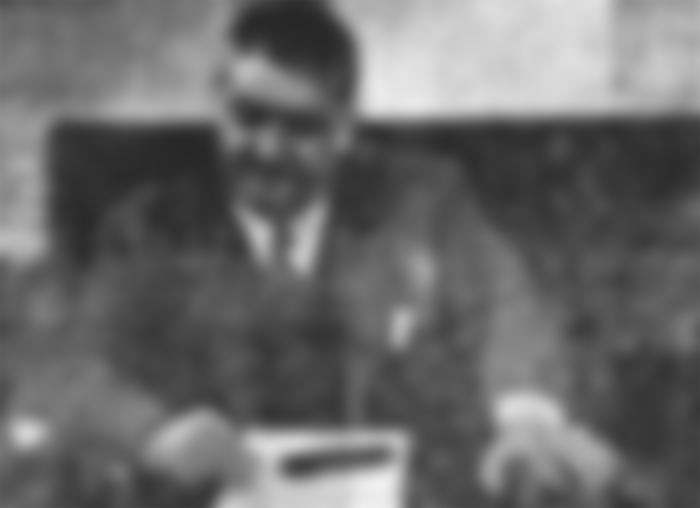

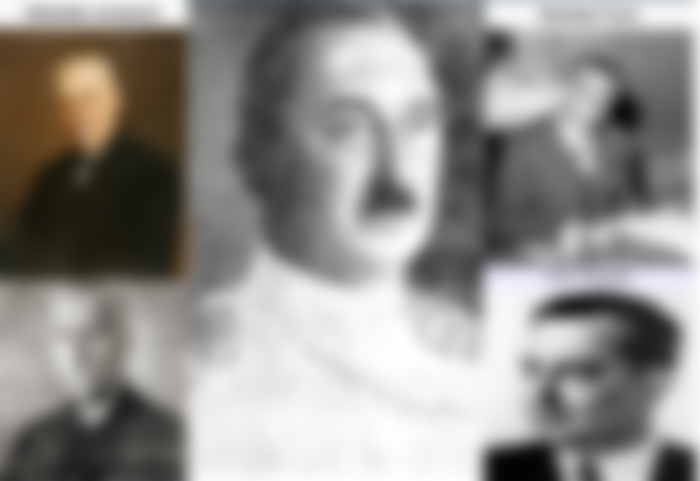
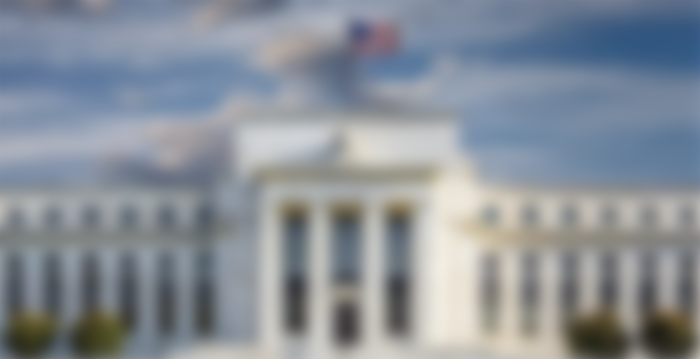
With all of that gold i think you already buy Yugoslavia itself 😂